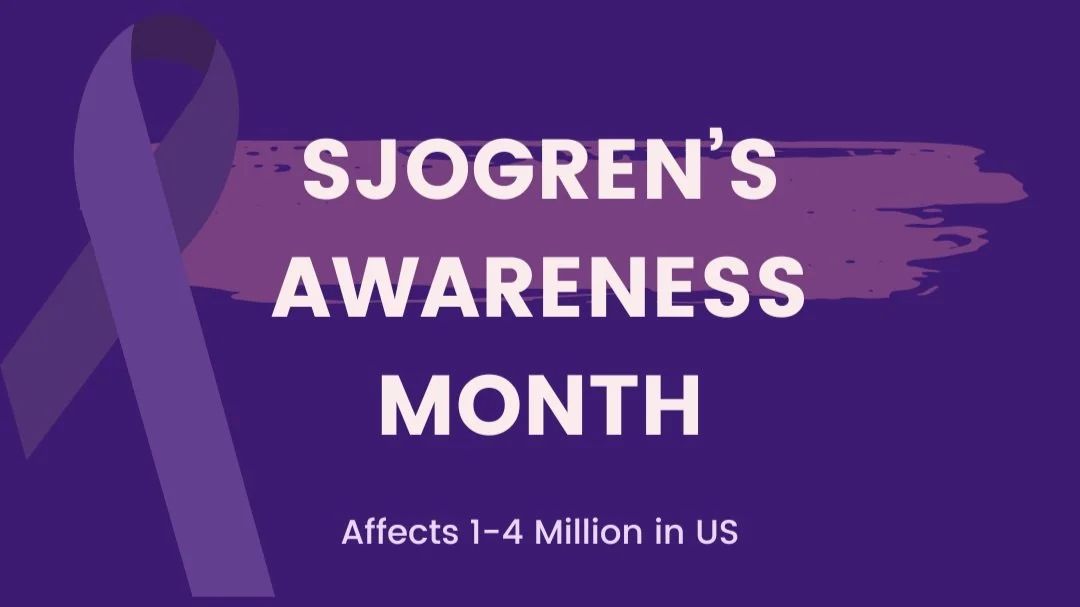If it seems like we hear more about people being diagnosed with autoimmune diseases these days, it's because they are. While better diagnostic tools may have helped with the rate of diagnosis, there is also evidence that the incidence of autoimmune diseases is rising.
Though scientists are unsure of the exact reason, there is evidence that more people now have autoimmune antibodies than in the past. One study found that the prevalence of antinuclear antibodies (ANA) increased from 11% of the US population in 1988-1991 to 15.9% in 2011-2012, marking a 45% increase in roughly two decades.
With an increasing number of patients affected by autoimmune diseases, it is more important than ever to better understand these diseases and investigate potential treatments. Though there are over 150 confirmed and suspected autoimmune diseases, treatments often involve the same immune-modulating drugs. You can contribute to our knowledge and data on autoimmune diseases by joining the registry.
Each week, the Autoimmune Registry will also feature a rare autoimmune disease to spread awareness. This week, we will look at ANCA-associated vasculitis.
Anti-neutrophil cytoplasmic antibody-associated vasculitis is characterized by the inflammation of small vessels in the body. The disease can affect multiple organs, including the kidney, stomach, intestines, and lung. Skin lesions can also result when blood leaks from the small vessels.
A recent study has found that women carrying a particular genetic mutation have a significantly higher risk of ANCA-associated vasculitis. In terms of treatment, Rituximab is the standard of care for relapsing ANCA-associated vasculitis, with evidence that the drug can increase the time of remission between relapses.
Please join our registry or share it with a friend who has an autoimmune condition. Donations are also greatly appreciated!













